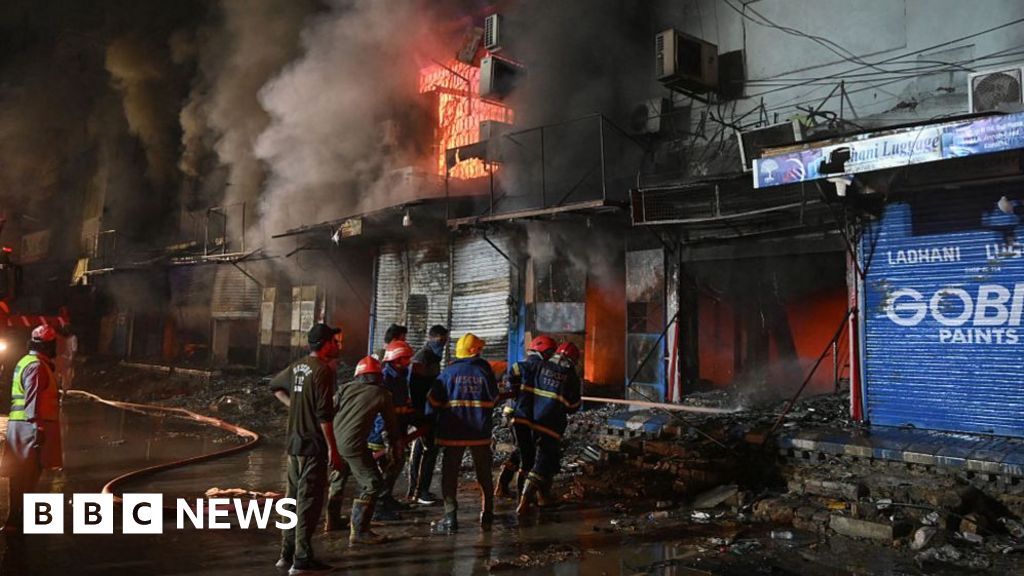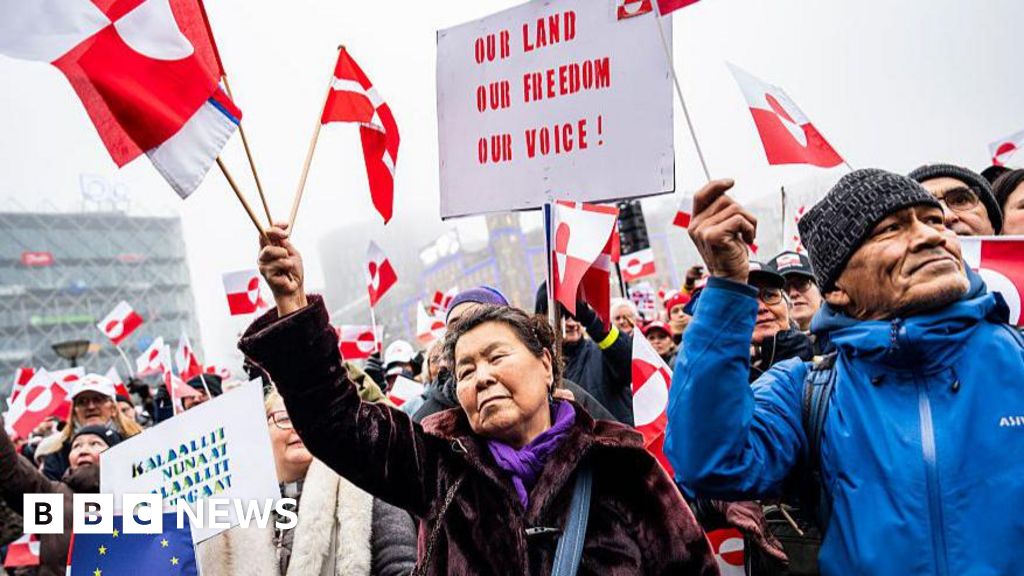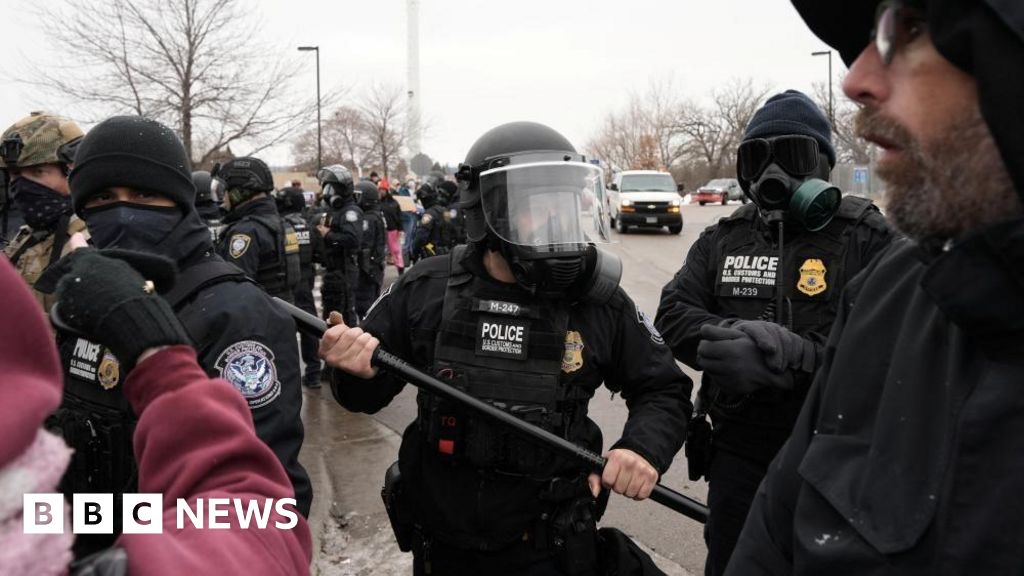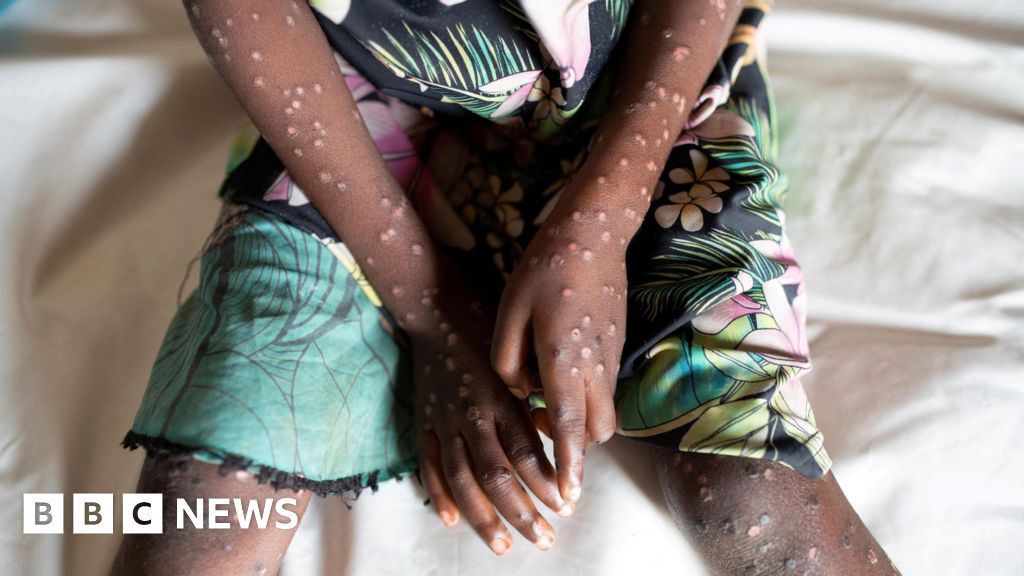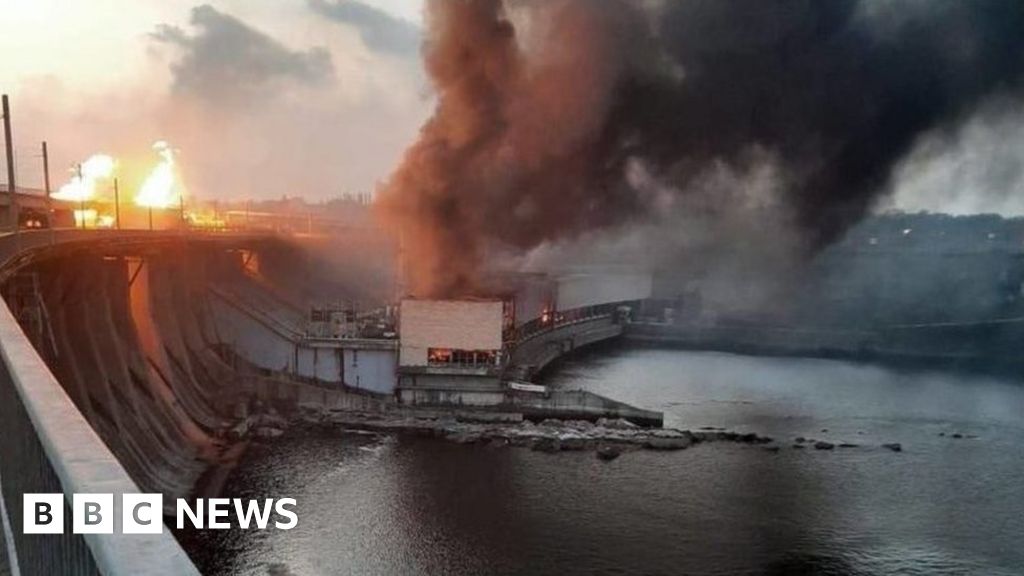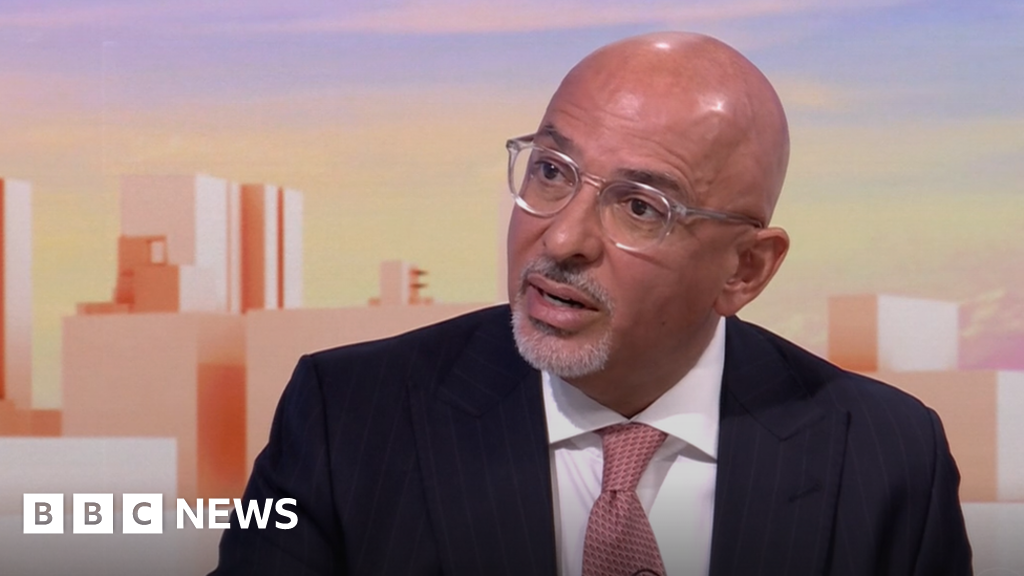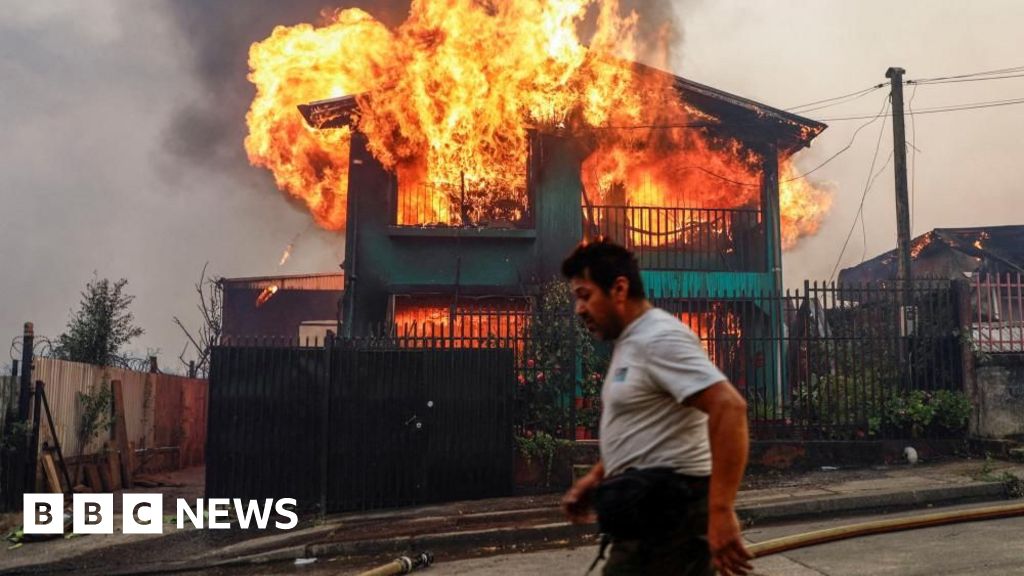The World Health Organization (WHO) has declared the mpox outbreak in parts of Africa a public health emergency of international concern.
The highly contagious disease – formerly known as monkeypox – has killed at least 450 people during an initial outbreak in the Democratic Republic of Congo.
It has now spread across parts of central and east Africa, and scientists are concerned about how fast a new variant of the disease is spreading and its high fatality rate.
WHO chief Tedros Adhanom Ghebreyesus said the potential for further spread within Africa and beyond “is very worrying”.
“A co-ordinated international response is essential to stop this outbreak and save lives,” he said.
Mpox is transmitted through close contact, such as sex, skin-to-skin contact and talking or breathing close to another person.
It causes flu-like symptoms, skin lesions and can be fatal, with four in 100 cases leading to death.
Two main strains of the virus have been circulating.
While Clade I is endemic in central Africa, Clade Ib is a new, more virulent form of the virus, which one scientist has described as the “most dangerous yet”.
It is this new strain that is largely behind the WHO’s declaration of a public health emergency of international concern.
Since the start of the year, there have been more than 13,700 cases of the disease in the DR Congo, with at least 450 deaths.
It has since been detected in other African countries – including Burundi, the Central African Republic, Kenya and Rwanda.
It is hoped the declaration of mpox as a public health emergency will lead to research, funding, and the introduction of other international public health measures being accelerated.
Dr Josie Golding, from the Wellcome Trust, said it was a “strong signal”, while Emory University’s Dr Boghuma Titanji said the move “underscores the gravity of the crisis”.
Prof Trudie Lang, the director of the Global Health Network at the University of Oxford, said it was “important and timely”, but added that the emergence of a new strain means there are “many unknowns that need to be addressed”.
It’s not the first time that the WHO has declared a public health emergency over an mpox outbreak. In July 2022 a milder strain, called Clade II, spread to nearly 100 countries, including some in Europe and Asia.
That outbreak was brought under control by vaccinating vulnerable groups.
On Tuesday, scientists from the Africa Centres for Disease Control and Prevention declared a public health emergency.
The head of the organisation, Jean Kaseya, warned that the disease could spiral out of control if immediate steps were not taken to contain it.
“We must be proactive and aggressive in our efforts to contain and eliminate this threat,” he said.
